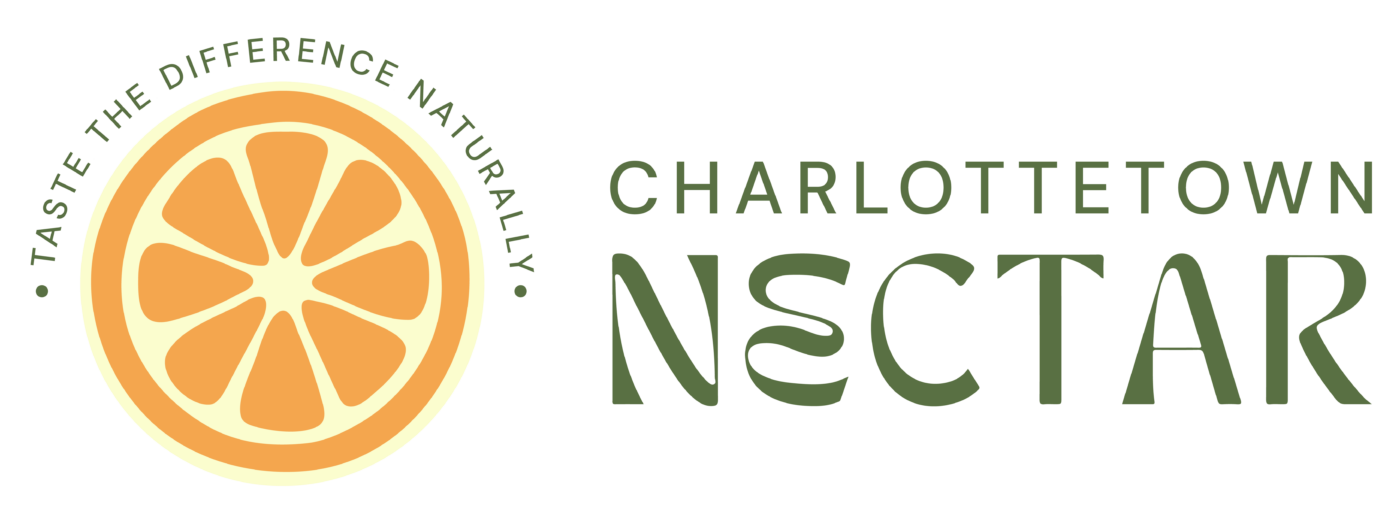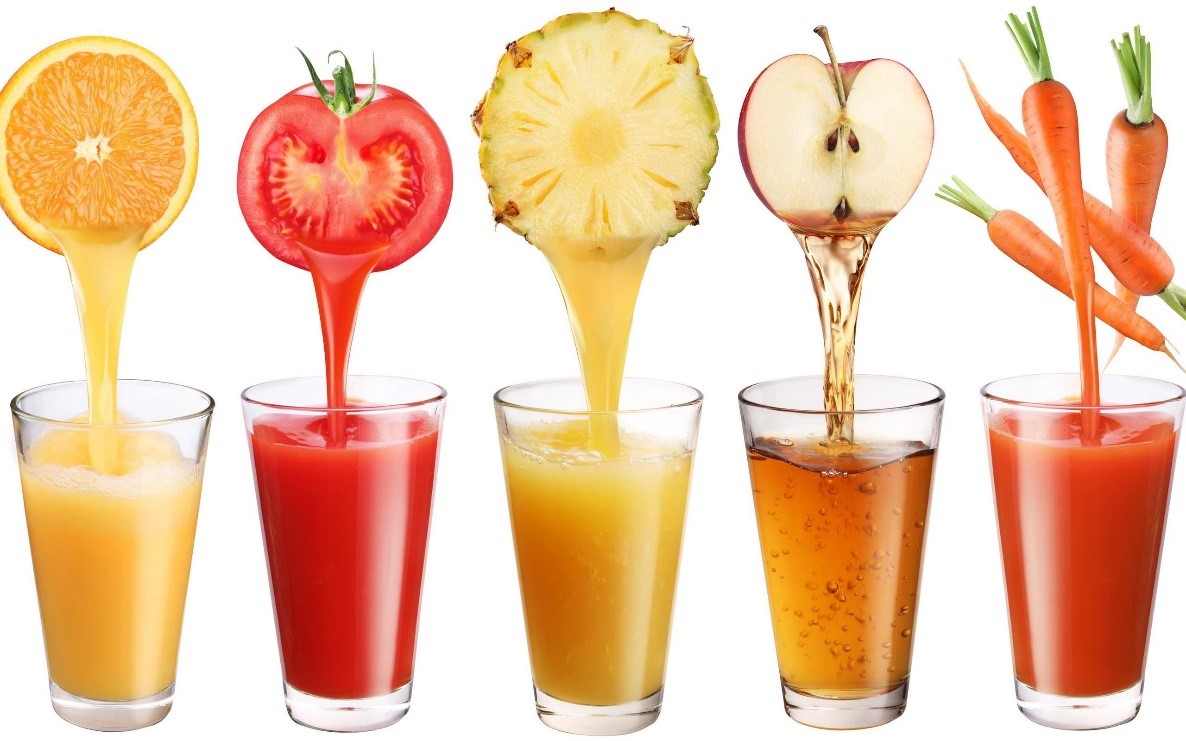Juice is a popular beverage that is often consumed for its health benefits. While there is no direct correlation between drinking juice and success, there are several ways in which juice can contribute to a healthy lifestyle.
According to the Mayo Clinic, juicing can play a role in a balanced diet by helping you get fruits and vegetables if you don’t enjoy eating them. Juicing also can give the digestive system a rest from digesting fiber. This may help some people who have certain health conditions or who receive certain medical treatments.
Juicing can also lead to better detoxification and improved health. The increased absorption of nutrients will have two general effects on the body: more nutrients will get to your cells and tissues, and the body will be better able to detoxify
However, it is important to note that juicing is no healthier than eating whole fruits and vegetables. Juicing often involves using a machine to take out the juice from fresh fruits or vegetables. The liquid contains most of the vitamins, minerals and plant chemicals found in the fruit. But whole fruits and vegetables also have healthy fiber, which is lost during most juicing. Some people think that the body can absorb nutrients better from juices than it can from whole fruits and vegetables. But that usually isn’t so. Other people try short-term diets that consist only of juices made from fresh fruits and vegetables. These are called juice cleanses or fasts. Some of these diets may claim to help remove toxins, aid digestion or lead to weight loss. But no strong scientific proof supports their use for any of these reasons. Juice cleanses don’t give you enough nutrition. They’re linked with other health risks too. And any weight lost during a juice cleanse could be gained back once you start eating a typical diet again.
In conclusion, while juice can be a healthy addition to your diet, it is important to consume it in moderation and as part of a balanced diet.

